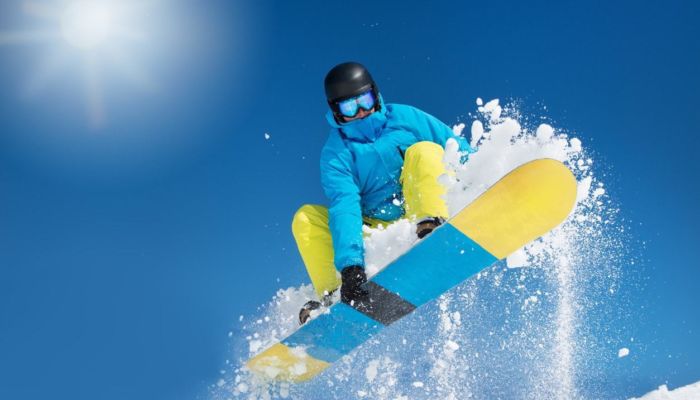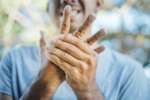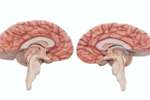‘Tis the season for all things snow! Over the next few months, thousands of families and friends will travel to their favorite locations to enjoy days filled with winter sports such as snowboarding, snow skiing, and snowmobiling. Smartphones will capture some of the best adventures, successful runs, and epic fails worthy of being mentioned on America’s Funniest Home Videos. While winter sports are a blast, they can also be very dangerous. In fact, when compared to other extreme sports like motocross, skateboarding, mountain biking, and surfing, injuries from snowboarders had the highest amount of concussions. Research shows that 25% of concussions due to participation in extreme sports came from snow ski accidents. This information was revealed in a study published in the Orthopaedic Journal of Sports Medicine that shows the correlation between extreme sports and traumatic brain injuries. That is why we recognize the National Winter Sports TBI Awareness Month in January.
Traumatic Brain Injury
Traumatic brain injury (TBI) occurs when there is a blow, bump, jolt, or head injury that damages the brain. Unlike a broken limb, a TBI can have life-changing effects. While a broken limb can be painful and prevent you from everyday activities for a period of time, the bone eventually heals and in most cases you are able to regain complete function. In the event of a brain injury, the damage may alter your memory, speech, motor skills, and personality for the rest of your life. TBIs are categorized from mild to severe. A TBI is considered mild if consciousness is not lost or disorientation lasts for less than 30 minutes. A concussion falls into the realm of a mild TBI. Moderate to severe concussion is diagnosed if consciousness is lost for longer than 30 minutes or confusion and memory loss remains consistent for more than 24 hours. It is important to take these warning signs seriously and see a doctor immediately following the head injury.
Symptoms Of TBI
Unfortunately, symptoms associated with TBI may not occur immediately. Sometimes symptoms don’t appear until a week after the accident. Still, you should know what to look for and how to determine the severity of the trauma. Symptoms linked to a mild TBI include headache, neck pain, nausea, ringing in the ears, and fatigue. Someone with a moderate to severe TBI may show similar symptoms with the addition of convulsions or seizures, vomiting, a headache that does not go away, an inability to awaken from sleep, slurred speech, weakness or numbness in arms or legs, and dilated pupils. Even if symptoms are not realized after the injury to the head, don’t hesitate to seek medical advice. Severe TBI may have life-altering effects or even result in your loved one surrendering to a comatose state if not addressed properly and quickly.
How To Prevent TBI
Preventing TBI is possible if you and your loved ones wear a helmet every time you’re on the slopes. Especially with the rise in concussions associated with snowboarding and snow skiing, a helmet is not something you can afford to leave behind. While on the slopes, stay within given boundaries and take any warning signs or closed courses seriously. Your life is not worth the risk of an adventure off the beaten path. Our last piece of advice is to participate in these activities where medical professionals are near. Do not attempt a new stunt in a remote location outside the reach of emergency medical services.
It’s important to recognize the seriousness of TBI and the grave dangers winter sports bring upon its participants. We share this information with you to motivate you to stay safe. Before you venture out on your next ski trip, be sure to incorporate these suggestions to avoid the likelihood of a traumatic brain injury. If an accident does occur, no matter how mild the symptoms may appear, seek medical attention immediately. TBI can be a life-altering event for both the patient and their loved ones, and we salute the physicians and caregivers who pursue advancements in this field.
In addition to brain injury, an accident on the ski slope can result in neck and back pain and injury. If you are experiencing residual neck or back pain after a fall or accident, schedule an appointment with us at NewSouth NeuroSpine. NS2 is Mississippi’s Spine Center, and our team of physical medicine physicians represent multiple specialties all aimed at seeing the patient through to complete healing. Enjoy the excitement of winter sports, but stay safe in the process!






